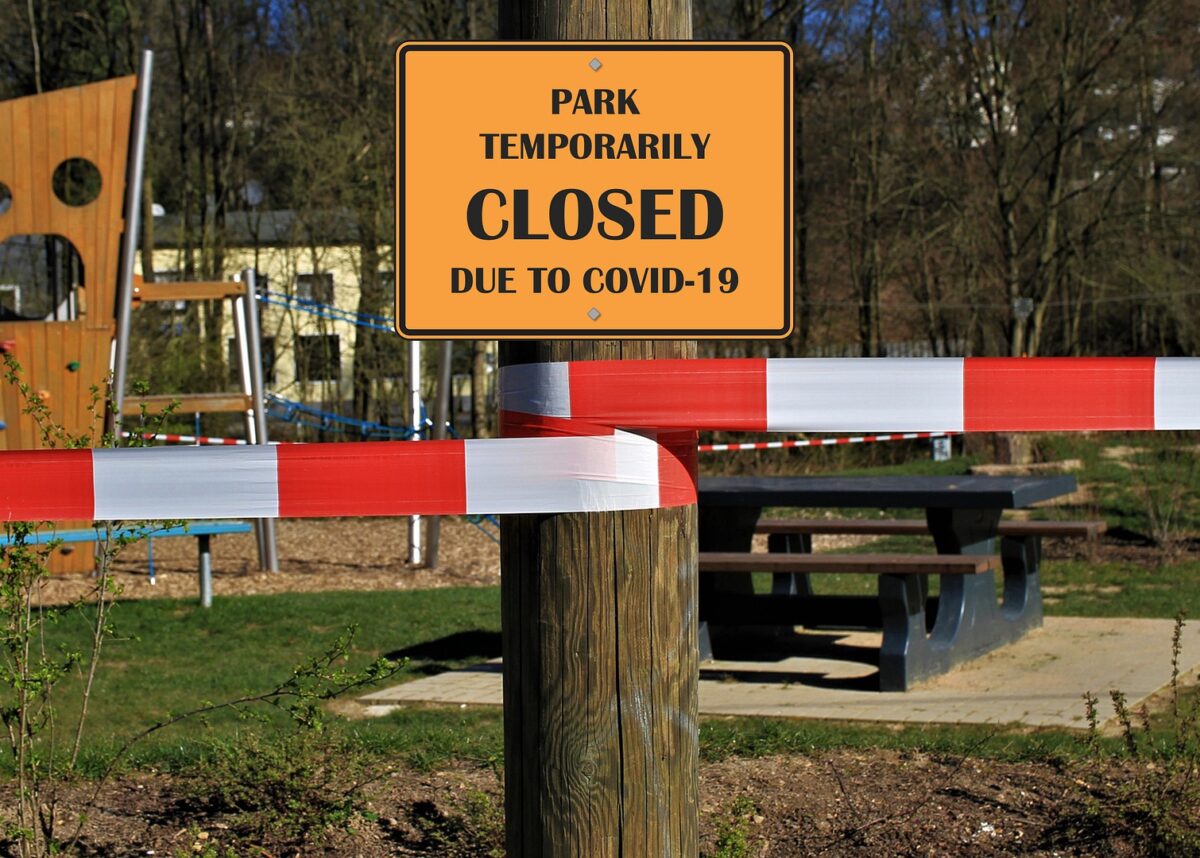The Berejiklian government’s sensible decision to safely wind back hotel quarantine will build much needed confidence in Australia’s reopening plans, the Chief Executive of the Business Council of Australia, Jennifer Westacott, said today (17 September).
“This is a common sense, risked-based move to pave the way for Australia to reopen, reunite and recover,” Westacott stated.
“Hotel quarantine has been crucial to keeping us safe. But as the number of people protected grows, of course we should get rid of the bottlenecks that stop Australians getting home and critical skilled workers getting into the country.
“NSW is yet again leading the nation with a plan to safely ease restrictions as more Australians are protected at home and more returning travellers are fully vaccinated.
Lay the groundwork to reopen now
“Vaccines dramatically reduce the risks of transmission and serious illness, so as we get closer to reaching our targets, we have to lay the groundwork to reopen now.”
The Business Council said it is urging all state and territory leaders to follow the NSW example, put the nation first and start planning to re-join the rest of the world.
“The longer we delay planning to reopen and reunite, the bigger the risk to our international reputation as a good place to do business, invest, visit and create jobs,” Westacott noted.
New research from the Business Council, released last week, showed almost 80 percent of Australians want lockdowns and restrictions phased out once the country meets its vaccination targets.
The research coincided with the council’s unveiling of a plan to deliver on Australians’ expectations by “detailing how we can safely and carefully unwind the restrictions that are costing our economy $3-billion a week”.
Doesn’t mean losing focus on health
Introducing the plan, Westacott said: “Our urgent first challenge is carefully planning to manage the safe easing of restrictions.
“The pathway out doesn’t mean losing focus on the health challenge, it means giving ourselves the ability to adapt to changes and maintain the capacity of our health system.
“We should be preparing to use new technologies like rapid antigen testing now, getting the protocols in workplaces and in homes ready to roll-out at scale.
“State governments should be clear on the manageable level of cases and they must prepare surge capacity in the event of outbreaks, including remote and regional areas.”
She warned that the longer Australia delayed planning to reopen and reunite, the bigger the risk to the country’s international reputation.












